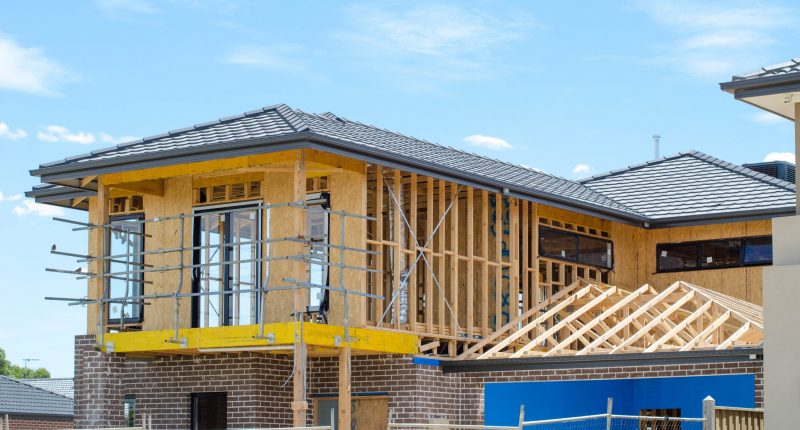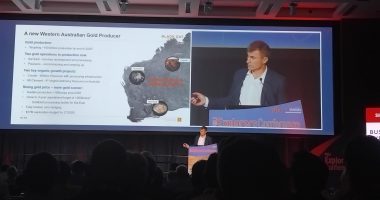- Andromeda Metals (ASX:ADN) shares are up more than eight per cent at lunchtime AEDT
- The move follows Andromeda inking a deal with South Australian building materials supplier Hallett Group
- The latter is seeking to develop a green cement project
- Andromeda mines kaolin in South Australia, which can strengthen cement while reducing overall volume
- Shares last traded at 2.6 cents
Andromeda Metals (ASX:ADN) has inked an agreement with South Australian construction major Hallett Group.
Hallett will investigate the use of Andromeda’s South Australian Great White kaolin project.
That project, backed by the SA state government, sees Andromeda mining the building materials feedstock onshore Australia.
Andromeda shares were up 8.33 per cent at lunchtime AEDT today.
Why is Hallett on board?
Hallett has its eyes on Andromeda from an ESG point of view.
The company – South Australia’s “largest integrated supplier” of construction materials. It classifies itself as a supplementary cementitious materials (SCM) player.
Hallett confirmed to industry magazine Build Australia in July last year it had launched a $125 million green cement project.
In all, Hallett wants to bring down CO2 emissions by 300ktpa, targeting the perhaps ambitious reduction of 1Mktpa of CO2 down the line.
Domestic supply benefit
Hallett has confirmed it will now consider Kaolin’s Great White project as part of that $125 million project.
“Under the strategic alliance, Great White HRM™ will be considered for inclusion as part of our $125 million Green Cement Transformation Project centred in Port Augusta,” Hallett Group CEO Kane Salisbury said.
“The partnership has the potential to assist us in expanding market share in the markets for low carbon concrete, shotcrete and fines reduction concrete.
“[This would replace] some of the 300,000 tonnes of cement that Hallett Group currently imports each year.”
Looming importance of ESG
This means that Hallett won’t actually be doing anything to reduce its emissions.
Instead, it is just probing around for a new source of cement additives.
Kaolin presumably trucked to Hallett HQ via truck will be less carbon intensive than materials shipped to Australia from overseas.
In this way, Hallett will be boasting its reduction of 300,000 tonnes of CO2 from operations.
But those would be Scope 3 emissions from an overseas mine, with those greenhouse gases generated by a middleman logistics company.
That move isn’t exactly without merit, but does show that decarbonisation strategies can sometimes see a company not actually changing anything in terms of site-specific emissions.
The true test will likely come when companies need to start reporting Scope 3 greenhouse gas emissions in Australia from next year.
ADN shares last traded at 2.6 cents.








